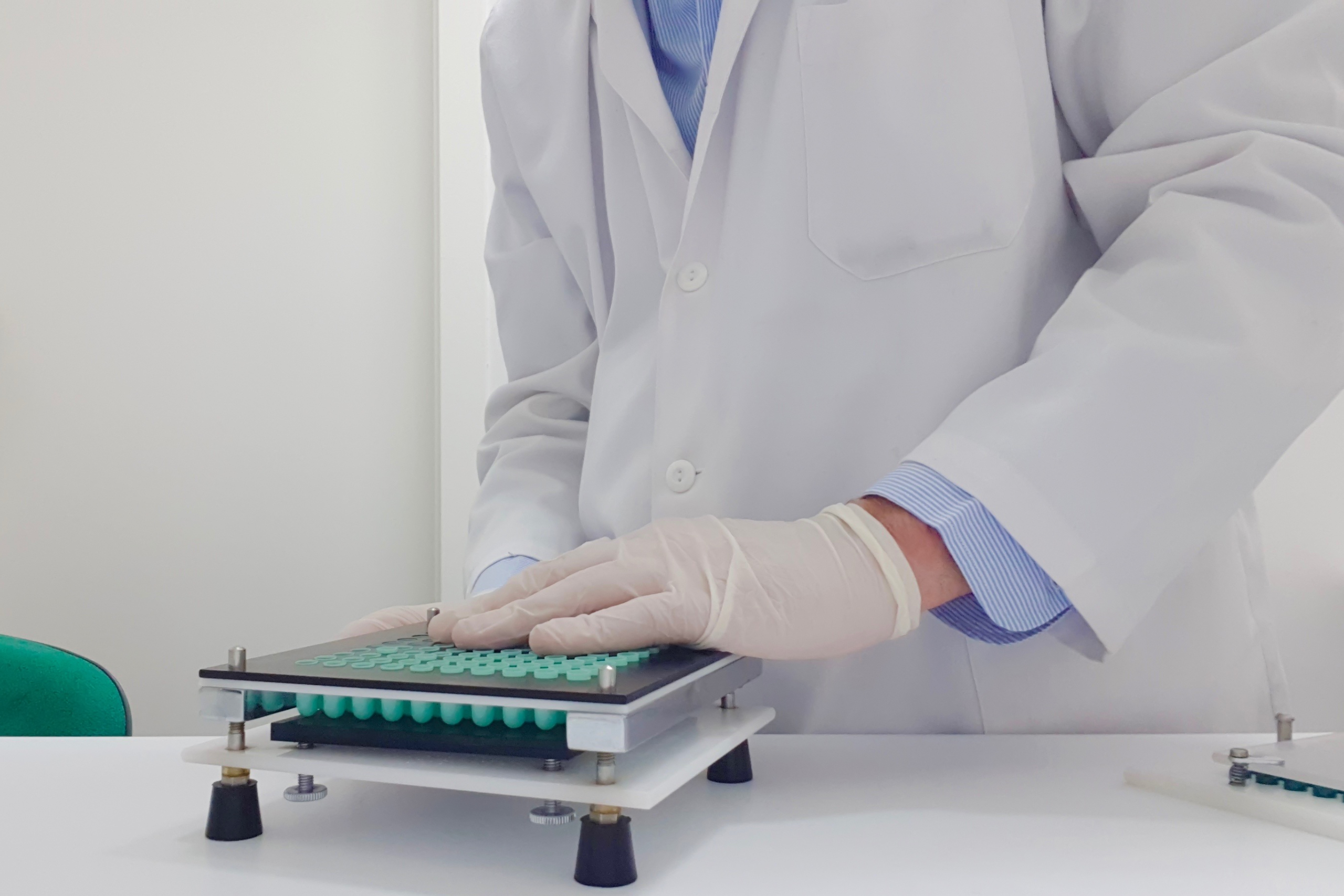Essentials: Compounding Medicine vs Dispensing Medicine

What is the difference between compounding medicine and dispensing medicine? This article highlights the differences to help you understand.
Most of the medicines that patients purchase are medicines that are dispensed from their local pharmacies over the counter.
However, compounding medicine is a highly specialised area which requires a deep understanding of the raw ingredients used to develop a medicine and their potential effects.
The following information has been taken directly from the TGA website and is the official information outlining the difference between the two in Australia.
Compounding
The preparation, mixing, assembling, altering, packaging, and labelling of a medicines, medicine-delivery device or device in accordance with a doctor’s prescription, or initiative based on the doctor/patient/pharmacist/compounder relationship in the course of professional practice.
Compounding includes the following:
- Preparation of medicine dosage forms for both human and animal patients
- Preparation of medicines or devices in anticipation of prescription medicine orders based on routine, regularly observed prescribing patterns
- Reconstitution or manipulation of commercial products that may require the addition of one or more ingredients
- Preparation of medicines or devices for the purposes of, or as an incident or, research (clinical or academic), teaching, or chemical analysis
- Preparation of medicines and devices for a doctor’s premises use where permitted by Commonwealth and State law.
- Synthesis of a radiopharmaceutical medicine, e.g. radiolabelling of a ligand with a radioisotope.
Dispensing
The manipulation of a commercially available product, in accordance with the manufacturer’s instructions, in order to produce a medicines in a ‘ready to administer’ form.
Examples include reconstitution of oral antibiotic mixtures and aseptic transfer to a sterile device.
(Where a manufacturer’s instructions are not followed, for example a different diluent is used, this is considered compounding.)
